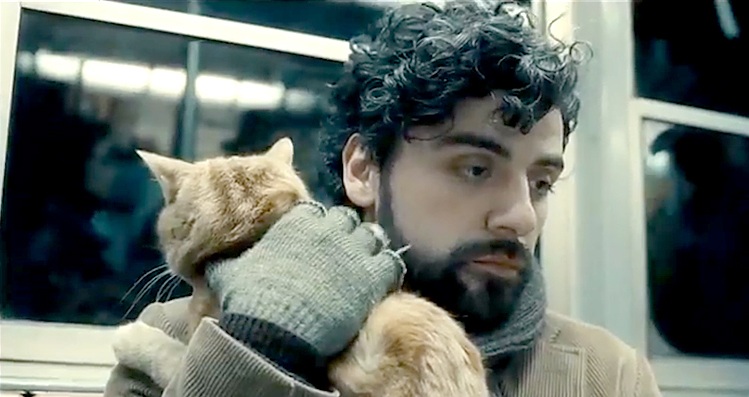
February 2, 2014, by Stephen Mumford
Character and Plot
A recent film left me a little mystified. What was it about? What was the meaning? How did it all make sense? The story seemed to end inconclusively and many of the events depicted had led nowhere. What were we to make of it?
My theatre companion suggested it was best seen as a character study. I had been looking for a plot-driven story but I should think of it as character-driven. That suddenly made perfect sense. The lead character stumbled through a series of challenges, handling some better than others, sometimes a victim of circumstance but at other times making foolish decisions that led to more problems. I saw that the filmmakers had done a perfect job of making the lead neither a plainly good nor a plainly bad person. Like the rest of us, he just tried his best to make the most of his lot, though it wasn’t always easy to do so.
The notion of character has come under attack of late, by philosophers such as John Doris (Lack of Character, 2005). In some older works of fiction, such as those by Jane Austen and Charles Dickens, an absolute constancy of character is frequently depicted. We know where we stand with each individual in the story. Some are good, some are mean, some are passionate, some are arrogant, and this is betrayed in their every act. It might be possible to transform one’s character, as Scrooge does: but there he goes from all malevolent to all benevolent, with no variance once established. Doris and others point to evidence that real people are not like that. Our behaviour can vary radically according to different circumstances. Even one small difference in a situation can lead to us making a hugely different decision than we would have otherwise.
I’m sceptical of this line of attack and remain defensive of character. We should understand character as a disposition or tendency towards doing certain kinds of act and thinking a certain kind of way. Certainly our decisions can be context-sensitive. They can be affected by circumstance. But that doesn’t mean that character plays no role in deciding actions. Similarly, a glass may be fragile and can cause it to break if dropped. If dropped from just 10cm, maybe it doesn’t. But then dropped from 11cm, maybe it does. Just a small change in situation can lead to a massively different outcome. That is just the way the underlying tendencies work. They play a distinct directing role in what we do, even though it is one that can be responsive to other factors.
The discussion of the film reminded me of a chance social encounter I once had with a novelist. Her questioning prompted me to confess I had ambitions of a novel of my own but I was still putting the plot together. What is the point of writing a novel unless you have a story to tell, I asked? She corrected me. She always began with the characters, made them believable and real, and then let them determine the plot. I see the sense in this. A ‘clever’ plot that is not driven by credible characterization will seem contrived. The decisions and actions have to be believable. And it is the individuals that really interest us after all: how they handle circumstance and make their lives through their choices. Film and fiction thus seem perfect vehicles for character study. I’ll make sure I remember that when I next see a film with a seemingly unfathomable plot.
No comments yet, fill out a comment to be the first

Leave a Reply